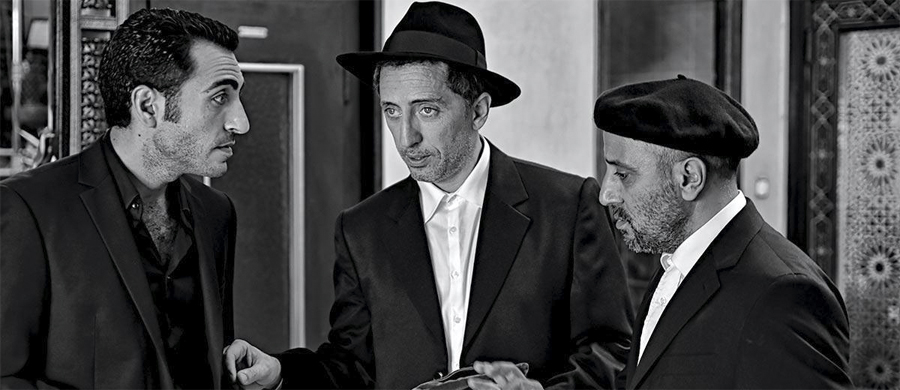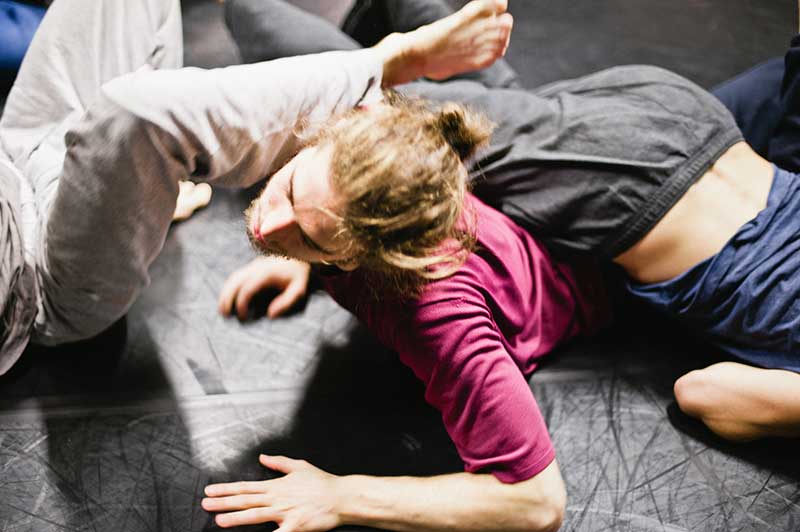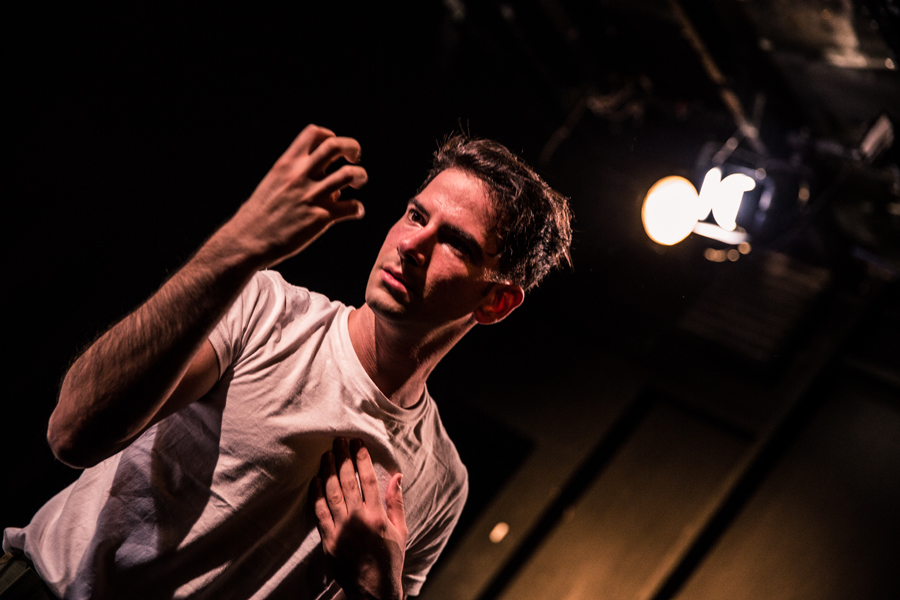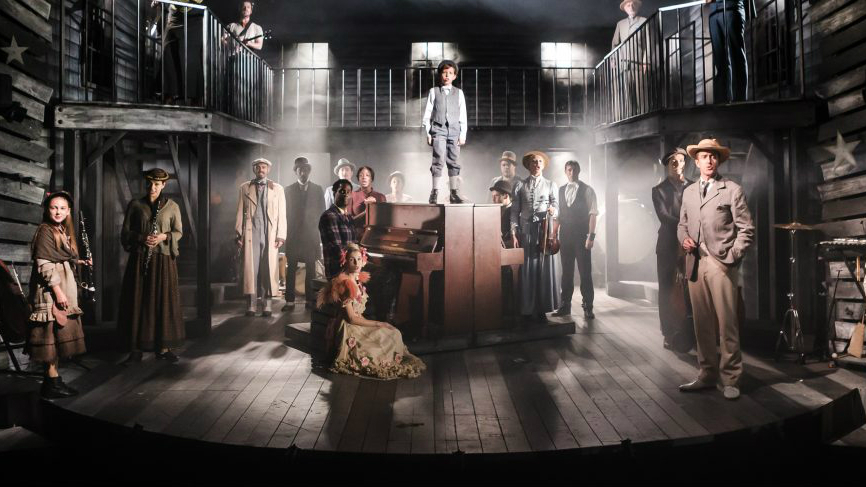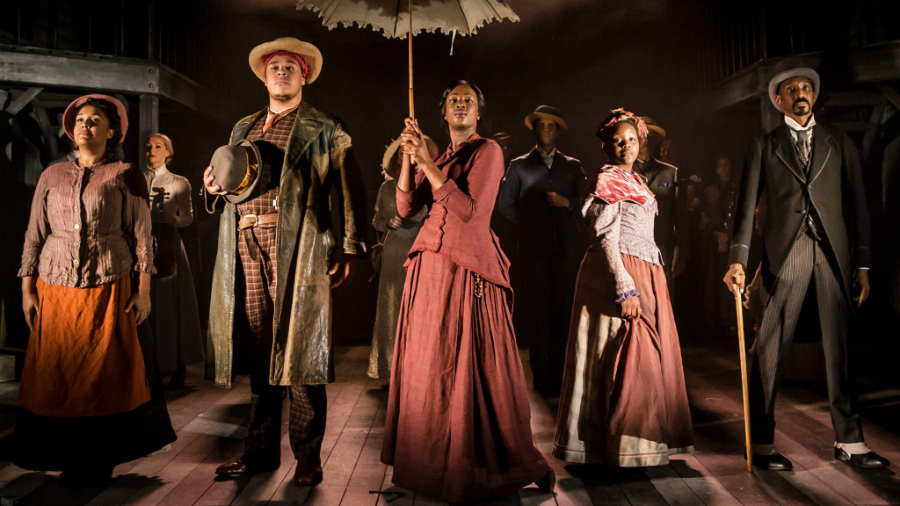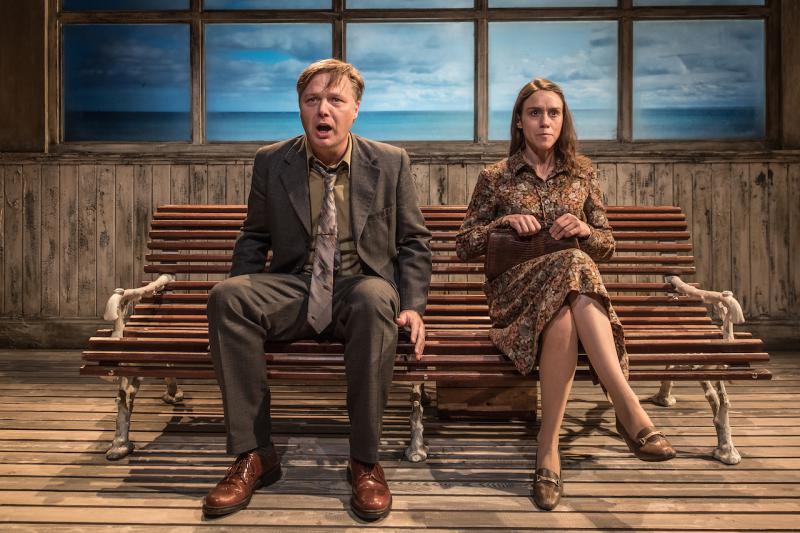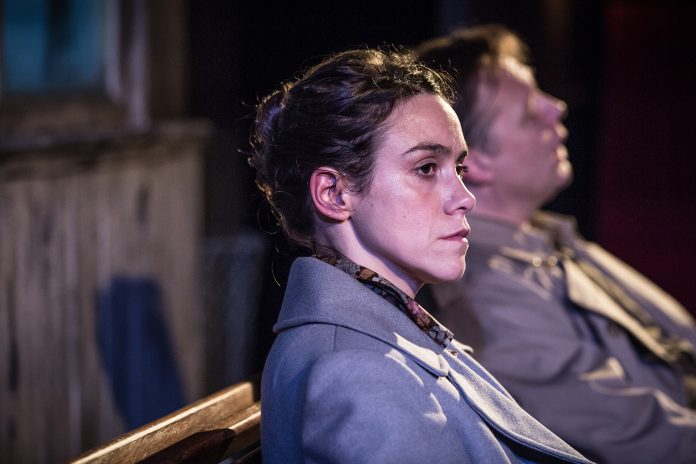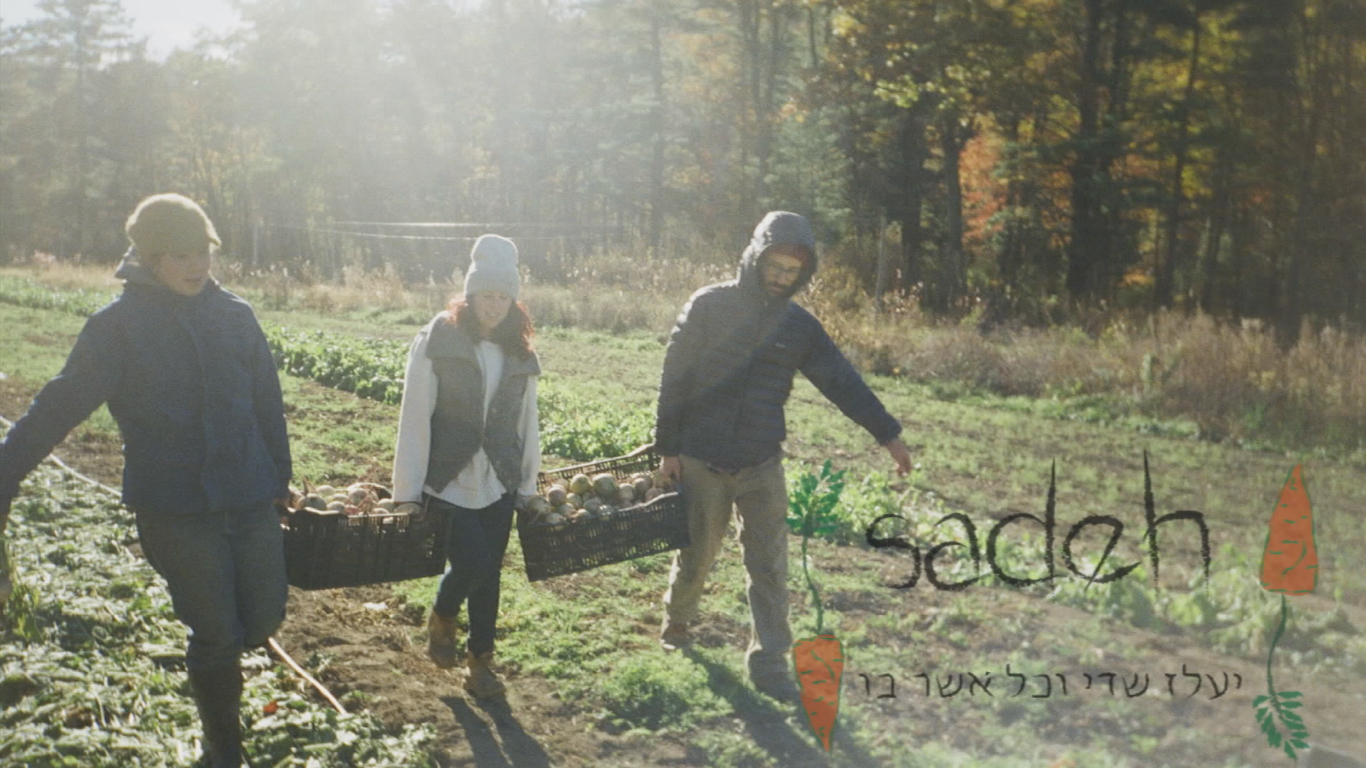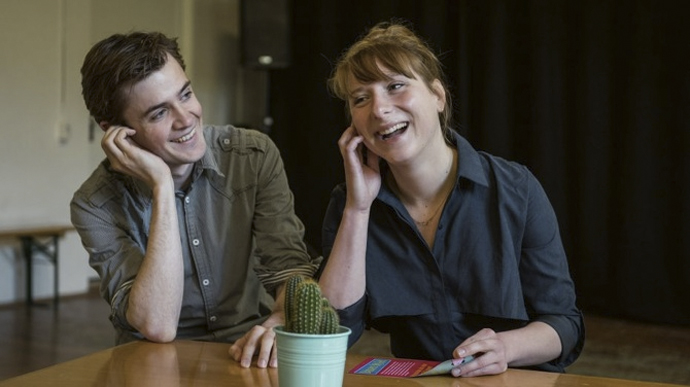 As the 20th UK International Jewish Film Festival gets underway (5-20 November), we take our first look at the selection of films on offer on offer. Job Gosschalk's beguiling comedy Moos gives an insight into life in Jewish communities in Amsterdam.
As the 20th UK International Jewish Film Festival gets underway (5-20 November), we take our first look at the selection of films on offer on offer. Job Gosschalk's beguiling comedy Moos gives an insight into life in Jewish communities in Amsterdam.
This entirely charming and absorbing comedy set in Amsterdam’s Jewish community wears its ‘kosher’ credentials lightly but convincingly from the opening frames. Twenty-something Moos and her widowed father are preparing for a Chanukah party with the relatives. She is his right-hand woman, both in his draper’s shop and as homemaker, though now he is dating a likely single mother whose son is coming up for bar mitzvah, Moos realises her life’s been on hold too long.
The main storyline revolves around Moos’ unsuccessful efforts to get into drama school and her settling for a job in the school’s canteen; and the visit of her long-time childhood friend Sam, now living in Israel and how that chimes with her attraction to sexy singing teacher Chris, who offers (very) private coaching. Meanwhile life in the community – which embraces Moos and her father, family and friends, including Sam – continues to be a vital part of the film’s fabric. The Chanukah latkes, the preparations for the bar mitzvah and the celebration of a ceremonial circumcision in the family all play their part in Moos’ story.
As played by Jip Smit, Moos is an engaging, kind-hearted young woman, unselfconscious and natural, attractive rather than beautiful, and you can’t help warming to her. Frederik Brom is touching as her father Maup; and from the moment he appears at the door, we can see, even if Moos can’t, that Daniel Cornelissen’s open, sincere Sam is made for her.
Writer/director Job Gosschalk and co-writer Judit Goudsmit take their audience to drama school and give us time out in the café with its quirky characters. And they are equally adept at creating an attractive and subtle picture of Moos’ network of family and other relationships. There are delightful flashbacks to Moos and Sam as children and touching glimpses of Moos caring for her father.
Then at the bar mitzvah in synagogue, in a scene reminiscent of Jack Rosenthal’s Bar Mitzvah Boy, it is Moos who is there for the bar mitzvah when he gets stage fright. Meanwhile the story of her efforts to face up to her own diffidence has its own delightful set-piece climax where she gets to duet with real-life Israeli singing star Asaf Hertz. There are some marvellously evocative settings too – the Amsterdam street with folk cycling past the draper’s shop, the lush bales of cloth piled inside and of course that grand synagogue, the men in prayer shawls gathered on the central bimah (platform) around the Torah scroll. Moos is a delight from start to finish.
By Judi Herman
Moos has the following UKIJFF screenings:
Sunday 6 November, 6pm, at Odeon South Woodford, E18 2QL.
Thursday 10 November, 7.30pm, at Odeon Swiss Cottage, NW3 5EL.
Sunday 13 November, 4pm, at HOME Manchester, M15 4FN.


